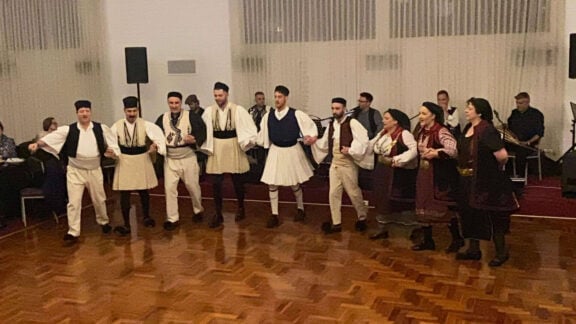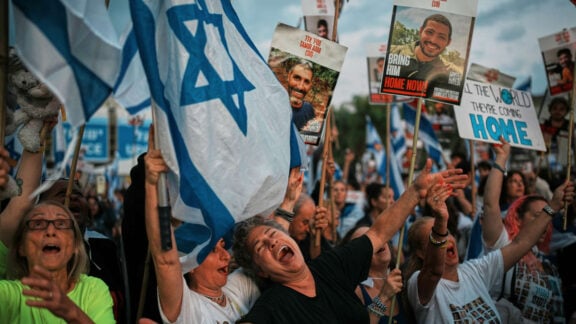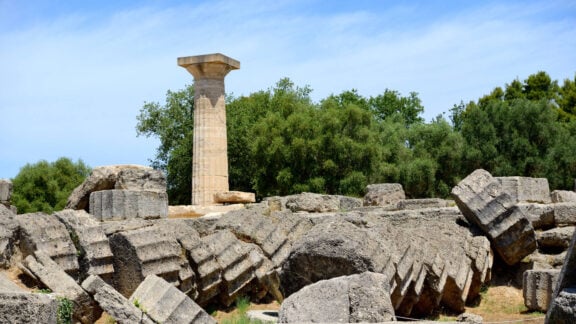Greek Prime Minister George Papandreou and Russian Prime Minister Vladimir Putin expressed their desire to further develop strategic relations between their two countries following their meeting in Moscow on last week.
Their talks covered a broad range of issues, from political, economic and trade cooperation to cooperation in energy and culture, and was sealed with the signature of a special protocol for 2012-2014.
Outlining the results of the two-hour meeting, Papandreou stressed that economic cooperation between Greece and Russia was particularly significant at a time when Greece was up against serious economic problems. He stressed that this cooperation would help Greece to re-order and develop its economy during a time of crisis.
Papandreou pointed out that the current crisis was not just Greek or European but global, and said that Greece was responsible for making changes to its economy and society.
During their joint statements, Putin referred to the economic difficulties currently faced by Greece and appeared confident that the country could overcome the problems, while he referred to the “positive” message issued on Tuesday by EU finance ministers on this issue.
He expressed hope that Greek-Russian bilateral relations would help both countries overcome their economic difficulties and pointed out that the global economic crisis had not begun in Greece, Europe or Russia but originated in the United States, which also faced problems like a high public deficit and huge foreign debt in the same way as other countries.
A major part of their talks was devoted to energy cooperation, Papandreou told reporters.
He said there had been an agreement to proceed quickly, in collaboration with Bulgaria, with the closely-watched Burgas-Alexandroupolis oil pipeline project — which envisions the transport of Russian crude from the Bulgarian Black Sea port to the Greek port in the NE Aegean as an alternate route to avoid the congested Bosporus Straits.
On bilateral trade relations, Putin said that these needed to be stimulated after shrinking by 40 percent during 2009 due to the economic crisis.
Papandreou said Greece was interested in the expansion of agricultural exports to the potentially large Russian market and they agreed to set up a joint Greek-Russian ministerial committee that met for the first time on Tuesday and will reconvene in Moscow in a few months.
The Greek side is also interested in further developing relations in the tourism and transport sectors, where Putin noted that Greece could become a major energy and transport hub in Europe and thus attract investments that would increase its significance in Europe.
The Russian prime minister particularly stressed the potential for cooperation in solar energy, natural gas and oil, while they also discussed the transfer of Greece’s know-how from the organisation of the 2004 Olympics and the Olympic Truce to Russia, which will host the 2014 Winter Olympic Games in Sochi.
Earlier, Papandreou was received by Russian President Dmitry Medvedev, who expressed hope that cooperation between Greece and Russia will become closer during Papandreou’s term.








